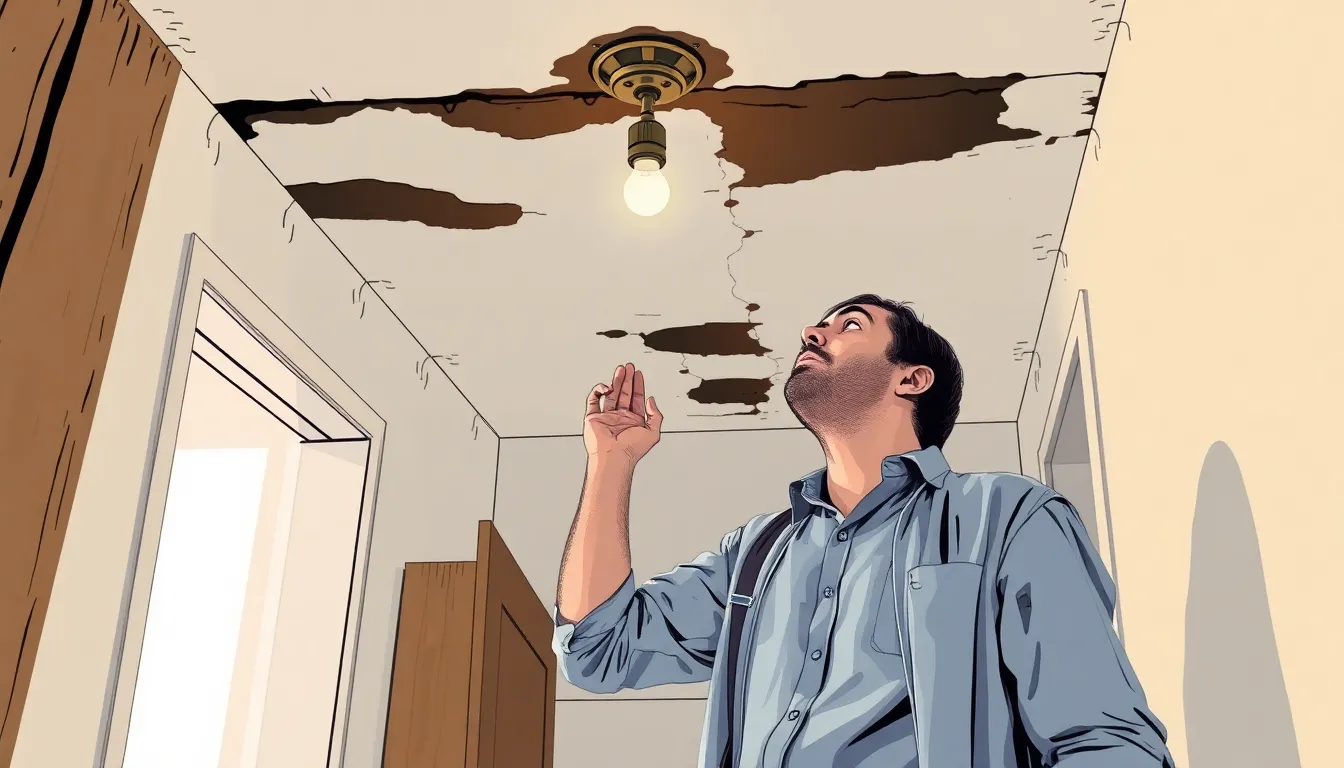In the charming realm of South Carolina, where sweet tea flows like the rivers and the hospitality is as warm as a summer day, tenants face a less-than-sweet predicament when it comes to their rights. Picture this: you’re living in a rental where the roof leaks more than a sieve, and your landlord seems to have vanished faster than a firefly at dusk. What’s a tenant to do?
Withholding rent might seem like the ultimate power move, but it’s not as simple as it sounds. South Carolina’s tenant laws are like a game of chess; one wrong move and you could find yourself in checkmate. Understanding your rights could mean the difference between a cozy home and a legal headache. So let’s dive into the ins and outs of tenant rights in the Palmetto State and equip you with the knowledge to navigate this tricky territory.
Table of Contents
ToggleOverview of Tenant Rights in South Carolina
South Carolina tenants possess specific rights under state law aimed at ensuring safe and habitable living conditions. Rights include the right to a livable environment, which requires landlords to maintain essential services like heating, plumbing, and electricity. Legal obligations require landlords to address significant maintenance issues within a reasonable timeframe.
Tenants can take action if their landlord fails to fulfill these responsibilities. According to Section 27-40-610 of the South Carolina Code, tenants may withhold rent if the landlord significantly breaches the lease agreement regarding these essential repairs. Documentation serves as vital evidence, so tenants must keep records of all communications and reported issues.
Landlords also possess certain rights, such as the ability to initiate eviction proceedings if tenants fail to pay rent. For this reason, it’s critical for tenants to understand their legal protections while remaining compliant with agreed terms. Tenants must notify landlords of their intent to withhold rent and provide a specified grace period for repairs.
Legal assistance and tenant advocacy organizations exist in South Carolina. These resources help tenants navigate disputes, ensuring their rights are respected. Tenants can access information and support, increasing their chances of resolving conflicts without escalating to legal action.
Conditions for Withholding Rent

Tenants in South Carolina can withhold rent under specific conditions. They must ensure their living situation meets habitability standards set forth by state law.
Habitability Standards
Landlords must maintain properties in a safe and livable condition. Essential services such as heating, plumbing, and electricity fall under this requirement. If significant issues arise, such as leaks or infestations, landlords must address them promptly. Failure to maintain these standards allows tenants to pursue rent withholding as a potential remedy. Documentation of the problems strengthens a tenant’s position and highlights the landlord’s negligence.
Required Notice to Landlord
Tenants must notify landlords of their intent to withhold rent before taking action. This notice serves both as a formal warning and an opportunity for the landlord to make necessary repairs. The law typically requires a reasonable notice period, giving landlords time to address issues. Providing this notice not only helps prevent misunderstandings but also protects tenants in potential legal disputes. Clear communication fosters a better landlord-tenant relationship while ensuring compliance with legal obligations.
Legal Implications of Withholding Rent
Understanding the legal implications of withholding rent is crucial for tenants in South Carolina. Clear awareness of tenant rights and responsibilities helps avoid potential pitfalls.
Potential Consequences for Tenants
Tenants may face severe consequences by withholding rent improperly. Courts often view rent withholding as a breach of lease agreements, which can lead to eviction actions. Unpaid rent accumulates, creating significant financial liabilities for tenants. Eviction proceedings often escalate quickly, potentially damaging a tenant’s rental history and credit score. Tenants should recognize that incomplete communication with landlords increases risks. Engaging with local legal resources or tenant advocacy groups provides tenants valuable insights into their specific situations.
Protection Against Retaliation
South Carolina law protects tenants from retaliation when asserting their rights. Landlords cannot legally evict or threaten tenants for reporting housing code violations. Filing complaints against landlords or requesting necessary repairs should not result in adverse actions. Tenants must document all communication and retain copies of relevant documents. Engaging local organizations that specialize in tenant rights can further bolster protections. Seeking legal advice strengthens tenants’ positions in disputes and helps assert their rights confidently.
Steps to Take Before Withholding Rent
Tenants must thoroughly prepare before deciding to withhold rent. Effective communication and proper documentation play crucial roles in this process.
Communicating With the Landlord
Clear communication with the landlord is essential. Tenants should formally notify landlords about the specific issues affecting their living conditions. This communication serves as both a warning and a request for necessary repairs. Choose a method that provides proof, such as certified mail or email. Ensure the message is direct, outlining the issues and emphasizing the need for prompt attention. Including a deadline for repairs encourages landlords to act quickly. Retaining a copy of all correspondence strengthens a tenant’s position in future disputes.
Documenting Issues
Thorough documentation reinforces a tenant’s case. Taking detailed notes about repair issues is vital, including dates and descriptions. Photographs can visually illustrate problems, such as leaks or pest infestations. Keeping a record of previous communications with the landlord aids in establishing a timeline. Collecting any relevant receipts, such as repair costs for needed services, further supports the tenant’s claims. Organizing this information creates a solid foundation for potential legal actions or disputes.
Understanding tenant rights in South Carolina is crucial for navigating potential disputes with landlords. Withholding rent can be a valid response to unresolved maintenance issues but requires careful consideration and proper procedure. Tenants must ensure they document all communications and provide landlords with adequate notice before taking action.
By following the outlined steps and knowing their rights, tenants can protect themselves from legal complications. Engaging with local legal resources or tenant advocacy groups can further empower tenants in asserting their rights and ensuring their living conditions meet legal standards. Ultimately, clear communication and informed decision-making are key to maintaining a fair rental experience.



